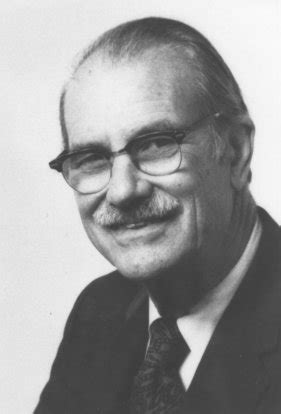A Quote by Parker Palmer
What passes for political realism may make for lively academic debates. But it often functions, ironically, as a tool of social control, rendering us passive with an analysis that overwhelms and paralyzes us.
Related Quotes
They, the conservatives, are the real outsides, they tell us, gazing with disgust upon the ludicrous manners of the high and mighty. Or, they tell us, they are rough-and-ready proles, laughing along with us at the efforts of our social "betters" to reform and improve us. That they are often, in fact, people of privilege doing their utmost to boost the fortunes of a political party that is the traditional tool of the privileged is a contradiction that does not trouble them.
Intersectionality has made an important contribution to social and political analysis, asking all of us to think about what assumptions of race and class we make when we speak about "women" or what assumptions of gender and race we make when we speak about "class." It allows us to unpack those categories and see the various kinds of social formations and power relations that constitute those categories.
Even as the government dominates the headlines, private entrepreneurs are busy every day working to improve products and services that improve our lives. They do it without taxing us or regulating us, or making us suffer through tedious elections or political debates. They make their products and offer them to us in a way that pleases the consuming public the most. We can choose whether we want them or not.
I often think that the ideal of our perfection that we set up, and often go through torture to achieve, may not be God's idea of how He wants us to be at all. That may be something quite different that we never would have thought of, and what seems like a failure to us may really be something bringing us closer to His will for us.
When it comes to power as it functions between humans, it all comes down to desire. If you know what someone wants, you can control them. It is as simple as that. And the reverse is also true: If you have control over your own desires, no one will ever own you. As humans, we are plagued with desire - it consumes us, it fuels us, it destroys us.
Poets often describe love as an emotion that we can't control, one that overwhelms logic and common sense. That's what it was like for me. I didn't plan on falling in love with you, and I doubt if you planned on falling in love with me. But once we met, it was clear that neither of us could control what was happening to us. We fell in love, despite our differences, and once we did, something rare and beautiful was created. For me, love like that has happened only once, and that's why every minute we spent together has been seared in my memory. I'll never forget a single moment of it.
For me, the Immaculate Conception is the feast of 'passive action,' the action that functions simply by the transmission through us of divine energy. Purity, in spite of outward appearances, is essentially an active virtue, because it concentrates God in us and on those who are subject to our influence.
Is it not the great end of religion, and, in particular, the glory of Christianity, to extinguish the malignant passions; to curb the violence, to control the appetites, and to smooth the asperities of man; to make us compassionate and kind, and forgiving one to another; to make us good husbands, good fathers, good friends; and to render us active and useful in the discharge of the relative social and civil duties?
Family life is the source of the greatest human happiness. This happiness is the simplest and least costly kind, and it cannot be purchased with money. But it can be increased if we do two things: if we recognize and uphold the essential values of family life and if we get and keep control of the process of social change so as to make it give us what is needed to make family life perform its essential functions.
In thinking about religion and society in the 21st century, we should broaden the conversation about faith from doctrinal debates to the larger question of how it might inspire us to strengthen the bonds of belonging that redeem us from our solitude, helping us to construct together a gracious and generous social order.




































